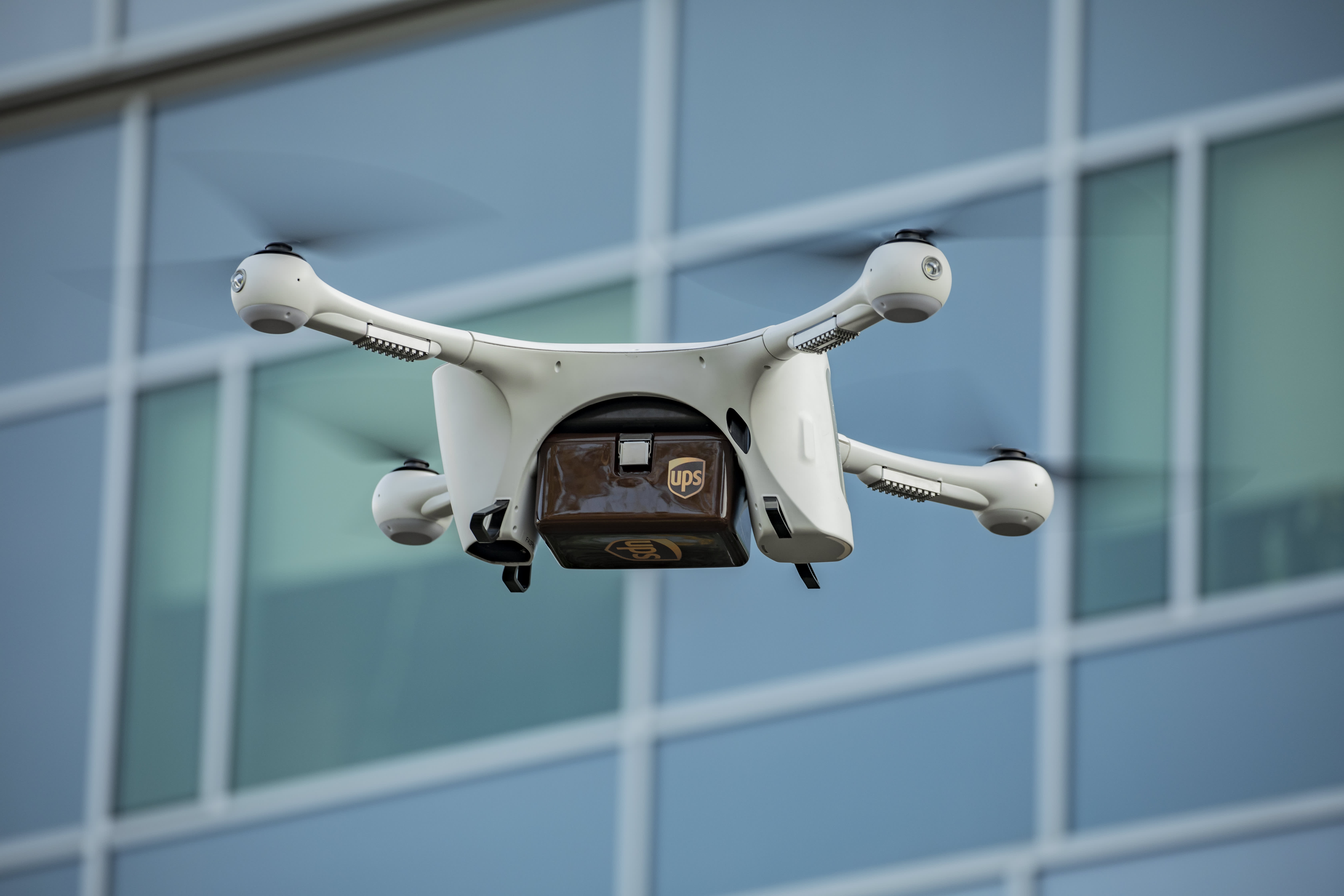This post was originally published on this site

(This story is part of the Weekend Brief edition of the Evening Brief newsletter. To sign up for CNBC’s Evening Brief, click .)
Next year, maybe your holiday gifts will be delivered by drone.
The world’s biggest players in logistics and packages are racing to make commercial drone delivery a reality, with Loop Capital Markets saying “UPS and Alphabet have the early lead” on Amazon, FedEx and others.
“The emerging US drone operators are upgrading from constrictive drone-specific regulatory frameworks and essentially shoehorning their unmanned vehicles into more flexible and expansive FAA rule sets,” Loop Capital Markets wrote in a note to investors last month.
A UPS autonomous drone carries medical supplies.
UPS
A mix of giant e-commerce, logistics and technology companies are battling to win regulatory approval and roll out commercial drone delivery networks. BMO Capital Markets said last week that’s because, in the $3 trillion global goods transportation industry, “the most inefficient and expensive component of the industry supply chain is the last mile delivery.”
Last mile is the final step in the delivery process, where a company takes a package from a distribution center to its destination. BMO estimates that last mile costs represent between 50% and 60% of total freight costs. But the firm also noted that delivering small packages, a major portion of last mile, “is the most profitable segment of the global goods transportation industry.”
The lucrative potential of a last mile drone network is why Loop says “everyone is watching” Amazon. The firm estimated that a fleet of 100,000 drones would save Amazon $1.2 billion per year.
“Drone delivery would be a significant cost savings and incremental revenue driver for Amazon,” Loop said.
Loop highlighted that Amazon founder Jeff Bezos announced the company’s drone delivery plans in 2013, which “was originally met with widespread derision.” Bezos’ optimistic forecasts aside, Loop thinks it won’t be much longer until his vision is realized.
“We believe widespread drone delivery is rapidly moving toward becoming a reality,” Bezos said.
But, while Amazon is one of the most visible programs, Loop said Alphabet’s Wing unit has a first mover advantage and international experience, already working with retailers in the U.S., Australia and Finland. Notably, Wing in October completed its first commercial drone delivery in Virginia – although Wing has only received limited FAA approval to delivery small package in a handful of Virginia cities.
Loop’s other early leader UPS is likewise conducting commercial flights, transporting blood samples on a hospital campus in North Carolina in September.
BMO is not quite as bullish as Loop on drone delivery, estimating it will still be another three years before it “becomes a commercial reality in the U.S.” There are a number of regulatory hurdles to clear before widespread drone networks could be utilized and a Pew Research Center survey two years ago found more than half of Americans disapproved of drones flying near homes.
But BMO said “the rapid rise in residential deliveries” will keep capital spending about historical averages, as companies seek to invest in everything from drone delivery to automation.


